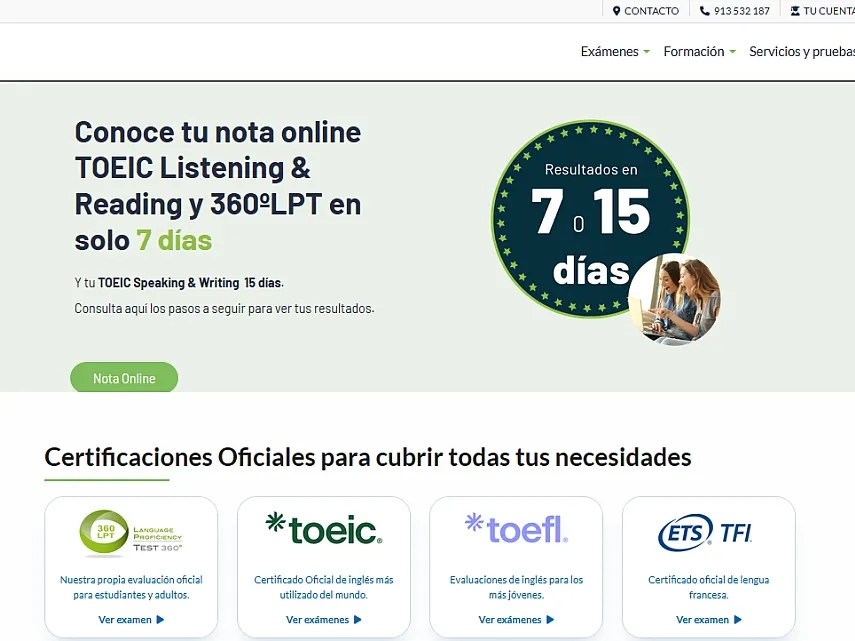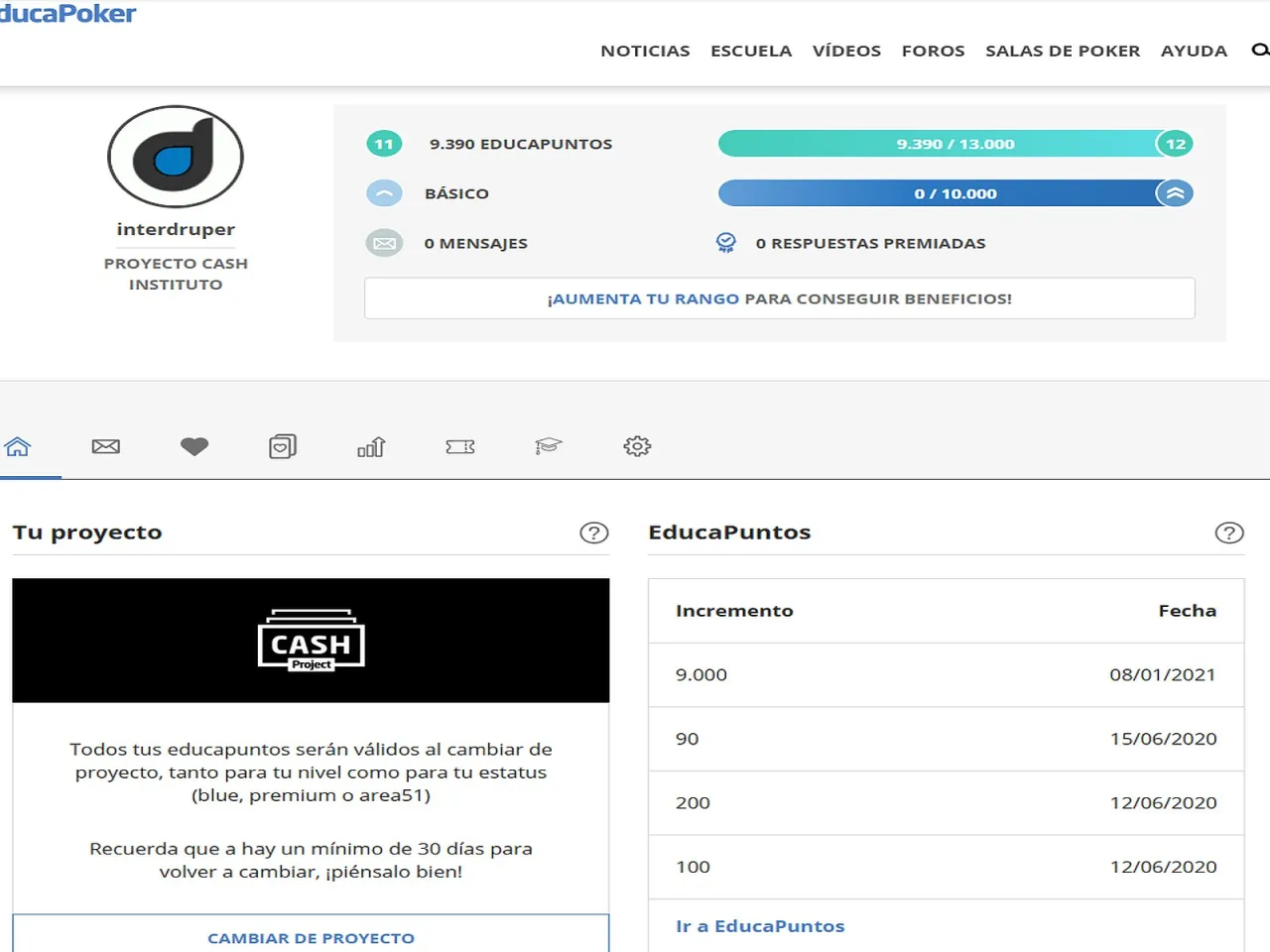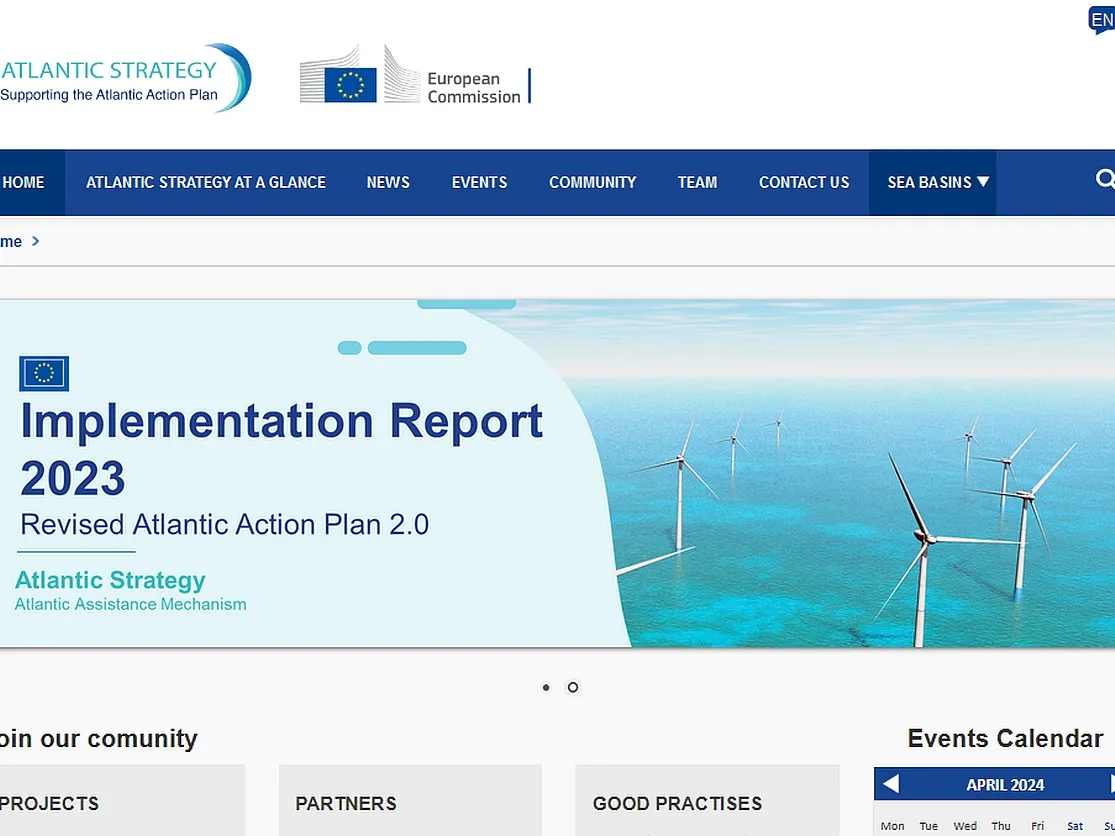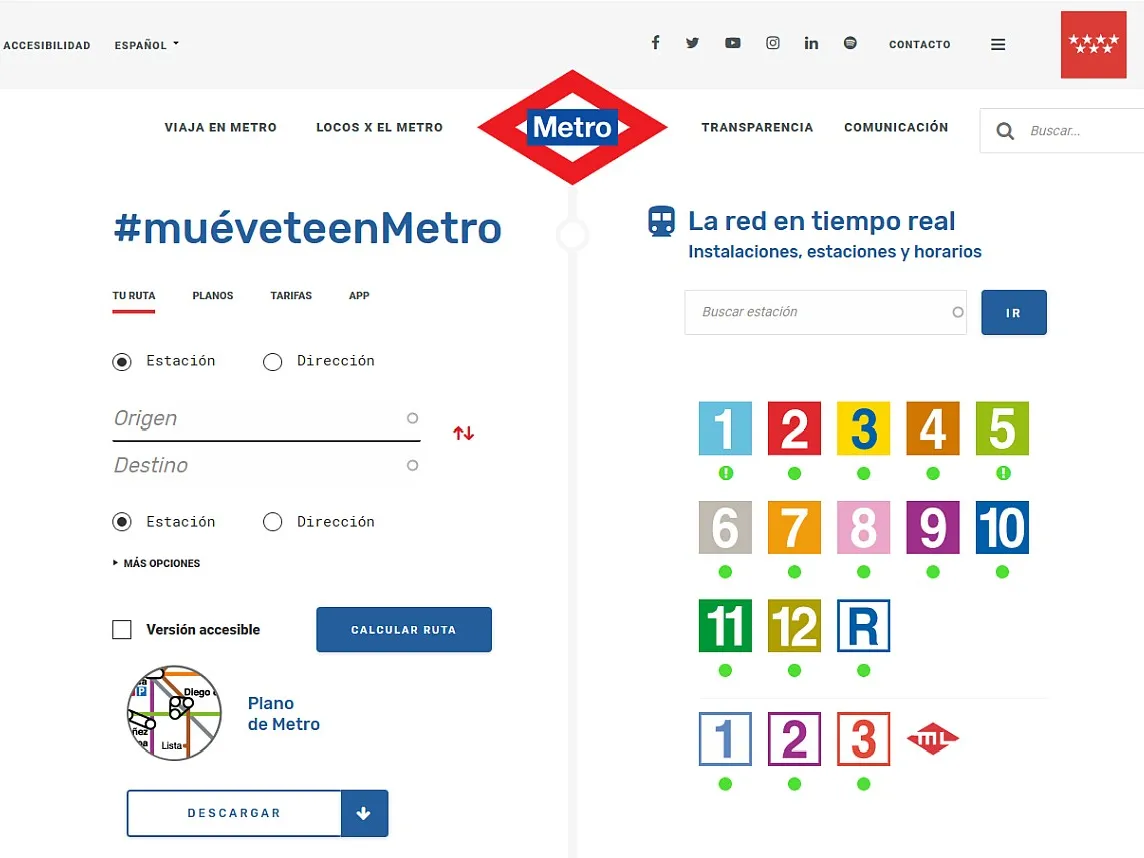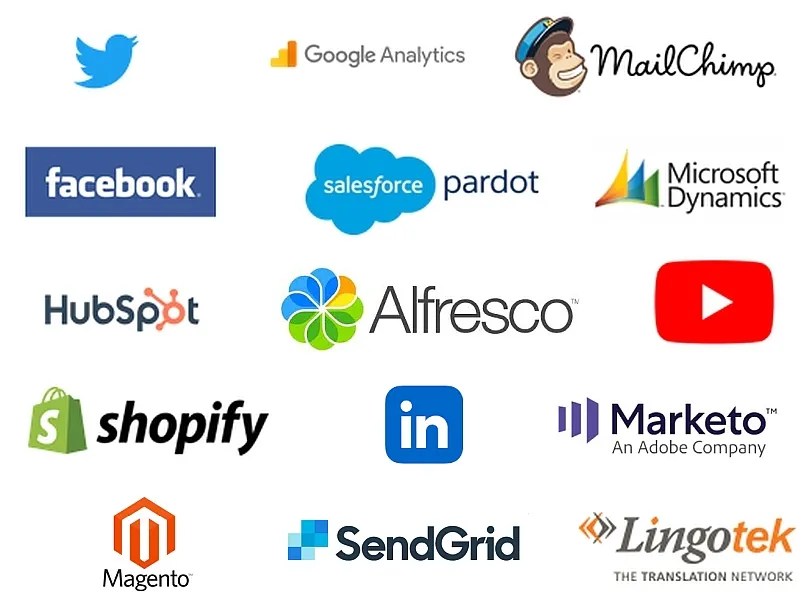
Drupal is a highly flexible and extensible content management system (CMS) with strong capabilities for integration with many IT platforms.
Drupal is a highly flexible and extensible content management system (CMS) with strong capabilities for integration with many IT platforms.
APIs and Web Services
Authentication and Identity Management
Marketing and CRM Platforms
E-commerce and Payment Gateways
Enterprise Resource Planning (ERP) Systems
Content Syndication and Headless CMS
Analytics and Reporting Systems
Multilingual translations
APIs and Web Services
Drupal provides extensive support for APIs (Application Programming Interfaces) and web services, which makes it a powerful tool for integrating with other platforms.
- RESTful Web Services (REST API): Drupal has built-in support for creating and consuming REST APIs. This allows for seamless data exchange between Drupal and other platforms.
- GraphQL API: Through the GraphQL module, Drupal can interact with front-end frameworks and other systems in a highly structured manner, allowing more granular control over queries and responses.
- JSON:API: This module provides a standardized interface for clients to interact with Drupal’s content, enabling integration with front-end JavaScript frameworks like React or Vue.js, mobile applications, and external systems.
Authentication and Identity Management
Drupal integrates well with various authentication and identity management platforms, allowing organizations to centralize user management and provide single sign-on (SSO) capabilities.
- OAuth 2.0 and OpenID Connect: Drupal can integrate OAuth2 and OpenID Connect providers, enabling secure token-based authentication for other web services or external applications.
- LDAP Integration: Many enterprise-level organizations use LDAP (Lightweight Directory Access Protocol) for user authentication and identity management. Drupal can integrate with LDAP servers to handle user authentication, group management, and role synchronization
Marketing and CRM Platforms
Drupal has robust modules and APIs to integrate with marketing automation tools and Customer Relationship Management (CRM) systems.
- Salesforce Integration: The Salesforce module connects Drupal to Salesforce CRM, synchronizing data like leads, contacts, and campaigns between the two systems. This is useful for managing customer interactions, marketing efforts, and fundraising initiatives.
- HubSpot Integration: Modules exist to sync data between HubSpot (a leading marketing and CRM platform) and Drupal, allowing for lead tracking, content personalization, and marketing automation.
- Mailchimp Integration: Drupal’s Mailchimp module helps synchronize your user database with email marketing campaigns, sending targeted emails and analyzing campaign performance.
E-commerce and Payment Gateways
For sites that handle e-commerce, Drupal integrates with multiple e-commerce platforms and payment gateways.
- Drupal Commerce: The Drupal Commerce module allows you to create e-commerce websites that can integrate with a variety of third-party systems, including payment gateways like VISA, Mastercard, Stripe, PayPal, and Authorize.net.
- Third-Party E-commerce Solutions: Drupal also works well with other e-commerce platforms such as Prestashop, Magento or WooCommerce through API integrations or middleware.
Enterprise Resource Planning (ERP) Systems
Drupal can integrate with ERP systems to synchronize business operations data like inventory, orders, and customer information.
- SAP: Many enterprises use SAP as their ERP system. Drupal can integrate with SAP through REST APIs, custom connectors, or middleware that bridges the gap between the two systems.
- Microsoft Dynamics: Drupal can also connect with Microsoft Dynamics for CRM and ERP functionalities, providing seamless data sharing between the CMS and the enterprise backend.
Content Syndication and Headless CMS
Drupal's decoupled (headless) CMS capabilities make it easy to integrate with other platforms that need to consume or produce content.
- Decoupled/Headless CMS: Drupal can serve as a backend to deliver content to various front-end applications, such as mobile apps, static websites, and other web platforms using frameworks like React, Angular, or Vue.js. This is achieved through REST, GraphQL, or JSON.
- Content Syndication: Drupal supports pushing and pulling content to/from external platforms, such as social media, news aggregators, or third-party websites. Modules like Feeds and Content Sync assist with this
Analytics and Reporting Systems
Drupal can integrate with a variety of analytics and reporting platforms to provide deeper insights into user behavior, traffic, and content performance.
- Google Analytics Integration: Drupal has modules to integrate with Google Analytics, enabling tracking of user behavior, campaign performance, and content engagement.
- Matomo (Piwik): This open-source analytics platform integrates with Drupal to provide a privacy-conscious alternative to Google Analytics.
- BI and Data Warehousing Solutions: Through custom APIs or third-party connectors, Drupal can push data to business intelligence (BI) tools like Tableau, Power BI, or Google Data Studio, helping organizations generate in-depth reports and dashboards.
Multilingual translations
Drupal offers integration with external translation systems, both human and machine driven.
- Translation service providers: LingoTek, Blend, WordsOnline, Xillio, etc..
- Machine translation providers: OpenAI, Google, Microsoft, Deepl, etc...
- Translation moderation workflows: Specific workflows and permissions for translations reviews and authorizations.

